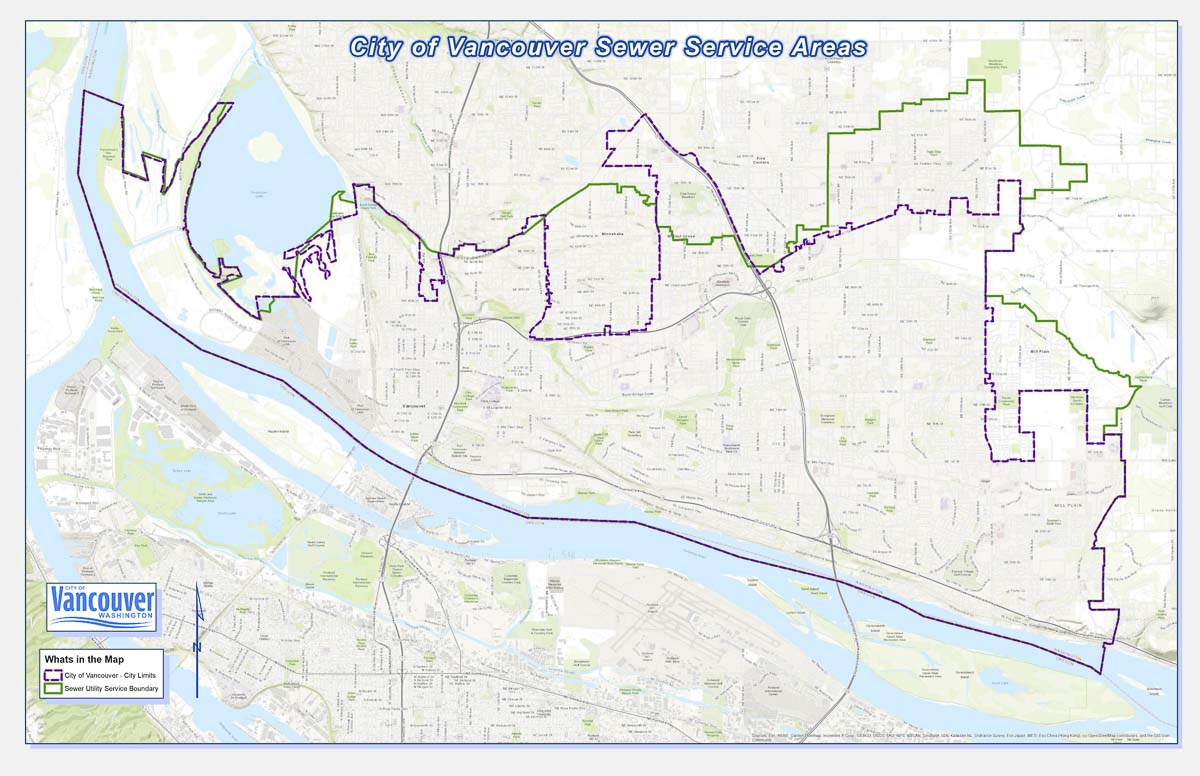Research underway suggests that wastewater monitoring for COVID-19 may provide valuable data set for helping to understand the trends associated with an outbreak
VANCOUVER – The city of Vancouver is one of about 11 locations across the country participating in a scientific wastewater monitoring pilot program launched by Jacobs to better understand the extent of the spread of novel coronavirus (COVID-19) within communities. More are expected to join in.
Groundbreaking research underway suggests that wastewater monitoring for the virus associated with COVID-19 may provide yet another valuable data set for helping to understand the trends associated with an outbreak in a community.

In Vancouver, the Jacobs’ pilot program may provide a point-in-time, big picture look at the virus concentration for the entire population served by the city’s treatment facilities, not at an individual level. It won’t take the place of the indicators already being tracked by local and state health officials, though it may provide useful information in support of those efforts.
Jacobs, the city’s operator for its Marine Park and Westside wastewater treatment facilities, recently began collecting samples from raw inflow at Vancouver’s two treatment sites. The sample is being drawn by using a simple addition to the routine sampling procedures already being done to meet regulatory requirements, following all appropriate health and safety guidelines. The added samples have been sent to Arizona State University research laboratories, where polymerase chain reaction testing will be used to identify fragments of virus-associated RNA, the ribonucleic acid that carries the virus’ genetic information.
Jacobs’ pilot program is currently expected to continue with weekly sampling for COVID-19 monitoring for about a month, or longer if needed. Under the pilot program, data from the wastewater monitoring will be shared with public health officials in the locations where this work is occurring. Any data published in scientific studies will show trends only by region, such as Pacific Northwest.
Wastewater-based epidemiology is an emerging science, and much about this new approach to monitoring the novel coronavirus at a community level is still being developed and refined. One benefit of wastewater sampling being looked at closely is its potential to also capture, in community totals, the presence of the virus in the portion of the population who may be infected but do not present symptoms.
Vancouver’s sewer service area includes all of the city of Vancouver and a portion of the surrounding unincorporated area. Under an agreement, the city’s facilities also treat a portion of wastewater from Clark Regional Wastewater District. From the far reaches of Vancouver’s collection system, it can take up to three days for wastewater to reach the treatment facilities.
Through its operations and management of wastewater facilities, Jacobs assists the city in front-line support of sustainability and public health as wastewater is treated and safely returned to the environment. According to the Centers for Disease Control and Prevention (CDC), standard practices associated with wastewater treatment plant operations are designed to protect workers from bacteria and viruses, and should inactivate the virus that causes COVID-19.
Jacobs, which operates almost 100 wastewater systems across North America including two facilities for the City of Vancouver, is funding the research and plans to add other monitoring locations for a total of 70 sites, in order to develop a more encompassing data set to inform critical decisions.
Resources:
Water and COVID-19 FAQs, Centers for Disease Control and Prevention (CDC): https://www.cdc.gov/coronavirus/2019-ncov/php/water.html
Jacobs Piloting Program to Monitor COVID-19 Spread in Community Wastewater Streams, Jacobs News Release, May 5, 2020: https://www.jacobs.com/newsroom/news/jacobs-piloting-program-monitor-covid-19-spread-community-wastewater-streams
Novel coronavirus detected, monitored in wastewater, Science Daily, Arizona State University, April 23, 2020: https://www.sciencedaily.com/releases/2020/04/200423144056.htm
Information provided by city of Vancouver.




